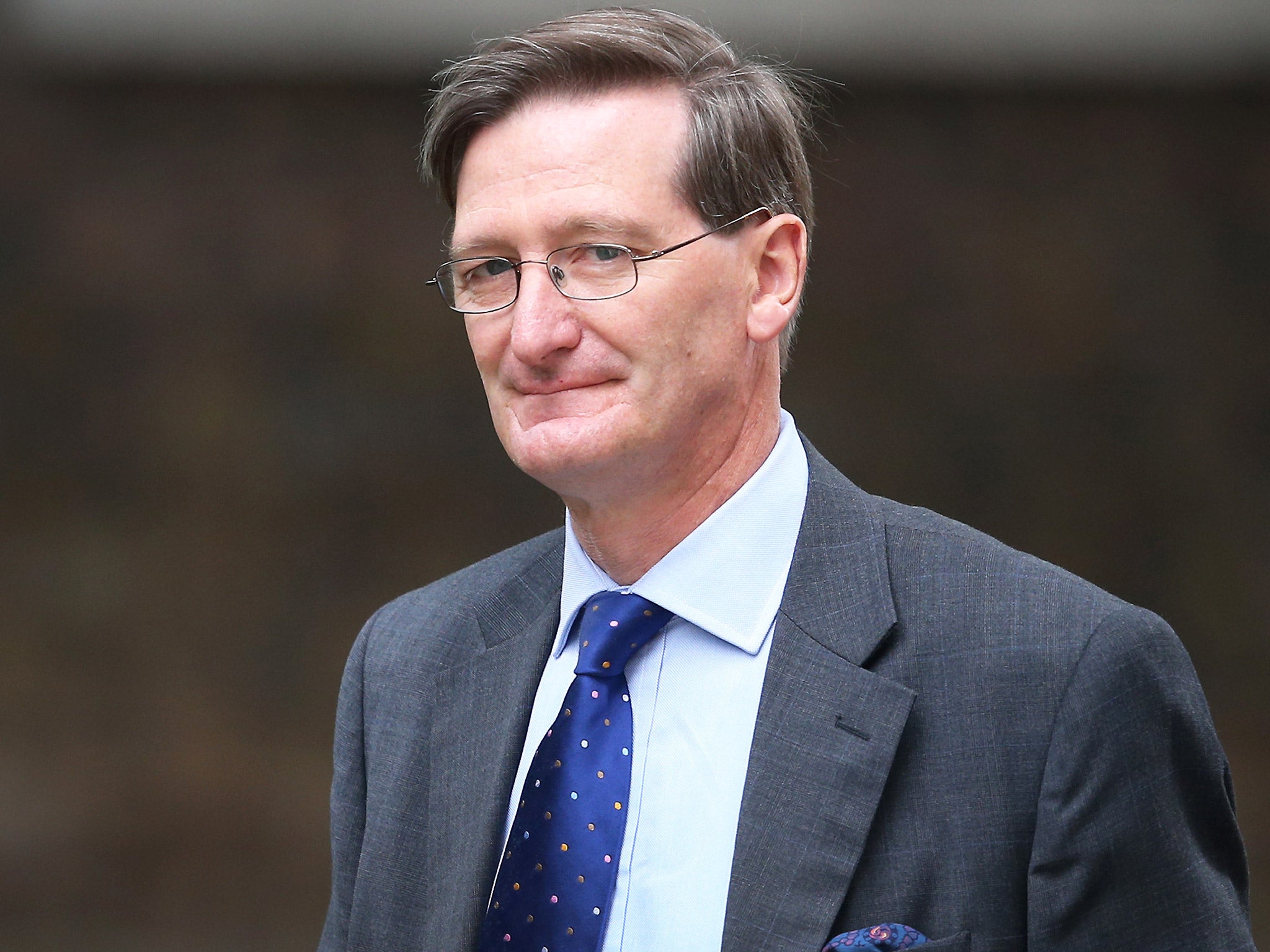EU exit would turn two million Britons working within the bloc into illegal immigrants, Tory MP claims
Former attorney general Dominic Grieve also said any move was unlikely to affect immigration

Your support helps us to tell the story
From reproductive rights to climate change to Big Tech, The Independent is on the ground when the story is developing. Whether it's investigating the financials of Elon Musk's pro-Trump PAC or producing our latest documentary, 'The A Word', which shines a light on the American women fighting for reproductive rights, we know how important it is to parse out the facts from the messaging.
At such a critical moment in US history, we need reporters on the ground. Your donation allows us to keep sending journalists to speak to both sides of the story.
The Independent is trusted by Americans across the entire political spectrum. And unlike many other quality news outlets, we choose not to lock Americans out of our reporting and analysis with paywalls. We believe quality journalism should be available to everyone, paid for by those who can afford it.
Your support makes all the difference.Two million British people who work in other European Union countries would become illegal immigrants if the UK decided to leave, a leading Conservative MP has warned.
In a sign of the divisions over the issue within the Tory party, Dominic Grieve, the former attorney general, claimed that leaving the EU was unlikely to affect immigration in this country, but would affect British workers on the continent, The Guardian reported.
“The requirements of any free trade agreement would make British removal from the clauses dealing with freedom of movement impossible with the curious consequence that the single biggest cause of domestic irritation with the EU, immigration, would remain unaltered,” he said in a speech called 'Britain’s International Obligations – Fetters or Keys?' given in London.
“But without its maintenance some two million UK citizens working in EU countries would find themselves becoming illegal immigrants overnight.”
Mr Grieve, who has defended Britain’s membership of the European Court of Human Rights, said he feared there was a growing mood of isolationism.
“We may now be in an age where the merit of international obligations and membership of treaty organisations more generally is questioned. The UN charter and organisation itself has long been criticised,” he said.
“But there seems to be growing irritation towards how international obligations operate. They are seen as fetters on our freedom of action and finances, but doing little to moderate the behaviour of irresponsible states or to assist our wellbeing as a nation.”
He said an in-out referendum on the EU - promised by the Conservatives if they win the next election - was “a potentially revolutionary turning point in a previously consistent national approach of building, observing and working within international obligations”.
“There is... a total lack of clarity as to how a government would proceed to unravel a relationship that has developed in complexity over more than 40 years.
“Which parts of the several thousand pieces of EU legislation that are currently incorporated into our own statute law would be retained?”
Join our commenting forum
Join thought-provoking conversations, follow other Independent readers and see their replies
Comments